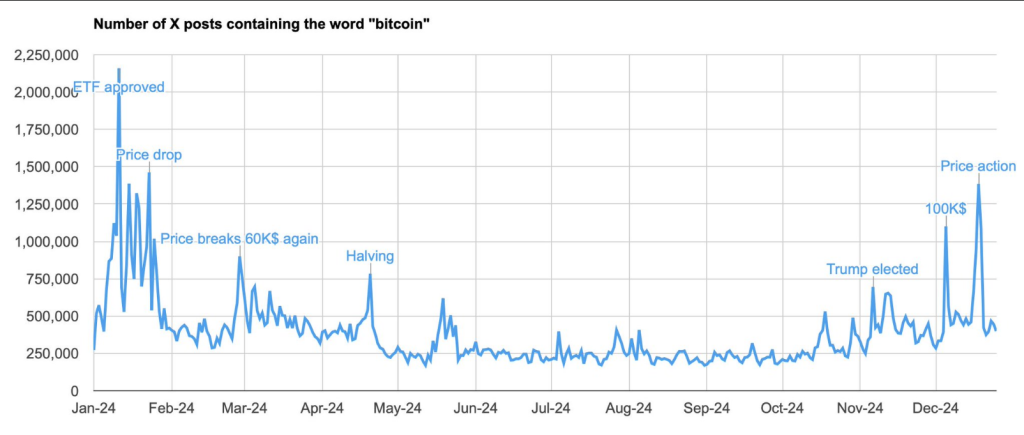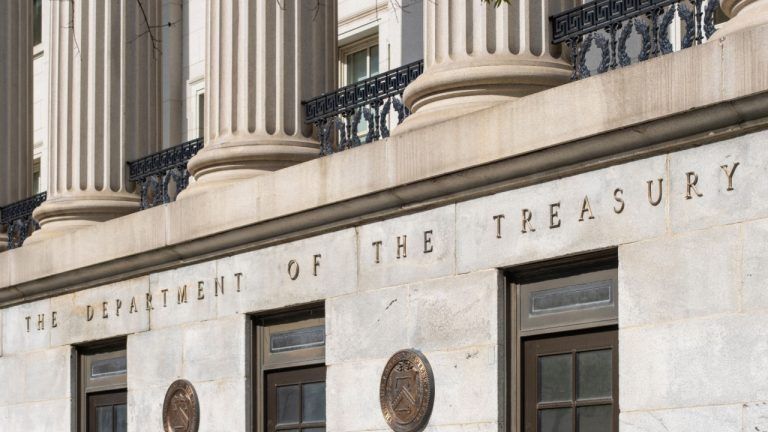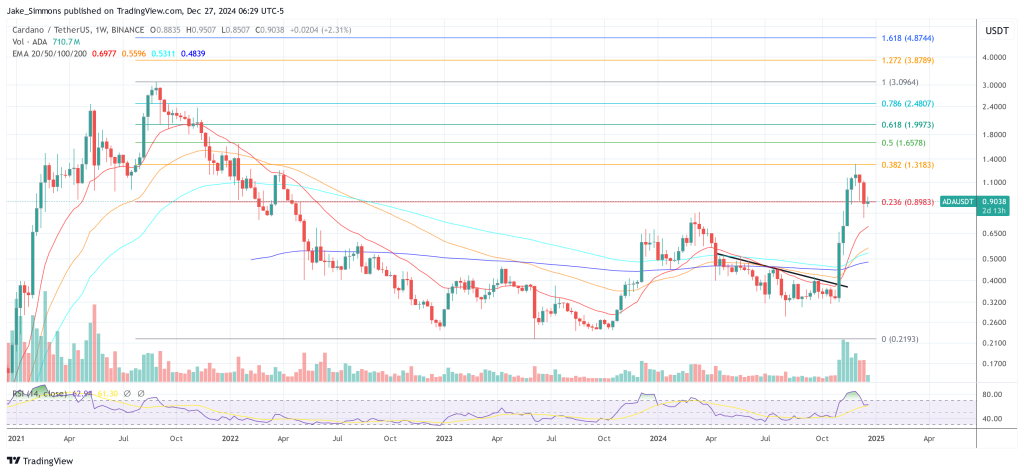In her monthly Expert Take column, Selva Ozelli, an international tax attorney and CPA, covers the intersection between emerging technologies and sustainability, and provides the latest developments around taxes, AML/CFT regulations and legal issues affecting crypto and blockchain.
In June, the United Nations held its “Stockholm+50: a healthy planet for the prosperity of all — our responsibility, our opportunity” event, focused on implementing its Decade of Action to deliver the Sustainable Development Goals, 2030 Agenda, Paris Agreement, and Post-2020 Biodiversity Framework, as well as to encourage a green recovery from COVID-19. The event took place 50 years after the first-ever United Nations Conference on the Human Environment in 1972, giving world leaders the chance to reflect on five decades of environmental action focused on tackling the Earth’s climate, nature and carbon dioxide pollution crises.

My art show “Reef Dwellers” was an associated event at Stockholm+50. It celebrated the role oceans play in everyday life and sought to inspire action to protect reefs, which occupy just 0.1% of global sea surfaces despite supporting more than 25% of marine biodiversity.
Oceans act as large natural carbon reservoirs, absorbing 25% of current annual CO2 emissions and hosting 80% of all life while providing half of the planet’s oxygen. According to the United States National Oceanic and Atmospheric Administration:
“More than 90 percent of the warming that has happened on Earth over the past 50 years has occurred in the ocean.”
The rate at which oceans are warming is equivalent to five Hiroshima atomic bombs being dropped into them every second.
Related: How blockchain technology is transforming climate action
How does blockchain factor into preserving reefs and saving the ocean?
Future Thinkers has outlined several major solutions for how blockchain can help protect the environment.

1. Supply chains
Blockchain technology is being used to improve fish traceability to help stop illegal and unsustainable fishing practices. Fishcoin is a blockchain-based seafood traceability project that “incentivizes supply chain stakeholders to share data from the point of harvest to the point of consumption” to help create a more open, transparent, accountable seafood industry.

Related: Enterprise blockchain to play a pivotal role in creating a sustainable future
2. Recycling | 3. Environmental treaties
Plastic pollution is a global ecological crisis. In a landmark move on March 2, the United Nations Environment Assembly agreed to create a historic international treaty to end plastic pollution. According to the UN, the effort could result in an 80% reduction in the volume of plastics entering oceans by 2040, a 55% reduction in virgin plastic production and a 25% reduction in greenhouse gas emissions. It could also save governments $70 billion by 2040 and create 700,000 additional jobs, primarily in the Global South.
One project addressing the plastic pollution problem is Diatom DAO, which has proposed a tokenized Plastic Removal Credits framework. Its goal is to leverage the capabilities of decentralized finance (DeFi) to build a reliable, verifiable, efficient plastic-removal supply chain that increases recycling, reduces use, funds high-leverage removal projects, establishes new channels of circularity, and drives innovation in new materials.
4. Energy
Since the start of the Industrial Revolution, the ocean has seen a 30% increase in its acidity thanks to the absorption of carbon dioxide. Captura seeks to use solar-powered, floating plants to extract CO2 from the ocean, while Toucan Protocol is building the infrastructure for a carbon market to finance world-class climate solutions in an effort to accelerate the transition to net-zero carbon in accordance with the Paris Agreement.

5. Nonprofits
OceanDrop is a charitable nonfungible token project from the Open Earth Foundation, a nonprofit organization dedicated to developing open-source technology for climate action. The proceeds of the NFT sales, which are pegged to carbon offsets, support a pilot project aimed at expanding the protected marine areas of Cocos Island and Costa Rica.

The Crypto Coral Tribe is an NFT project directing 50% of its revenues to marine and wildlife conservation initiatives. Its goal is to form a creative hub that leverages art and technology to help restore the natural world. It hopes to plant 3,000 corals worldwide via its network of marine conservation partners, including Coral Guardian, Coral Triangle Center and the Turks and Caicos Reef Fund.
6. Carbon tax | 7. Changing incentives
U.S. President Joe Biden came into office with a plan to transition Americans away from fossil fuels, and he demonstrated that intent with a regulatory agenda that included carbon taxes. However, the Supreme Court and Russia’s war in Ukraine upended his climate plans.

Related: UN’s COP26 climate change goals include emerging tech and carbon taxes
The views, thoughts and opinions expressed here are the author’s alone and do not necessarily reflect or represent the views and opinions of Cointelegraph.
Selva Ozelli, Esq., CPA, is an international tax attorney and certified public accountant who frequently writes about tax, legal and accounting issues for Tax Notes, Bloomberg BNA, other publications and the OECD.

You can get bonuses upto $100 FREE BONUS when you:
💰 Install these recommended apps:
💲 SocialGood - 100% Crypto Back on Everyday Shopping
💲 xPortal - The DeFi For The Next Billion
💲 CryptoTab Browser - Lightweight, fast, and ready to mine!
💰 Register on these recommended exchanges:
🟡 Binance🟡 Bitfinex🟡 Bitmart🟡 Bittrex🟡 Bitget
🟡 CoinEx🟡 Crypto.com🟡 Gate.io🟡 Huobi🟡 Kucoin.




















Comments